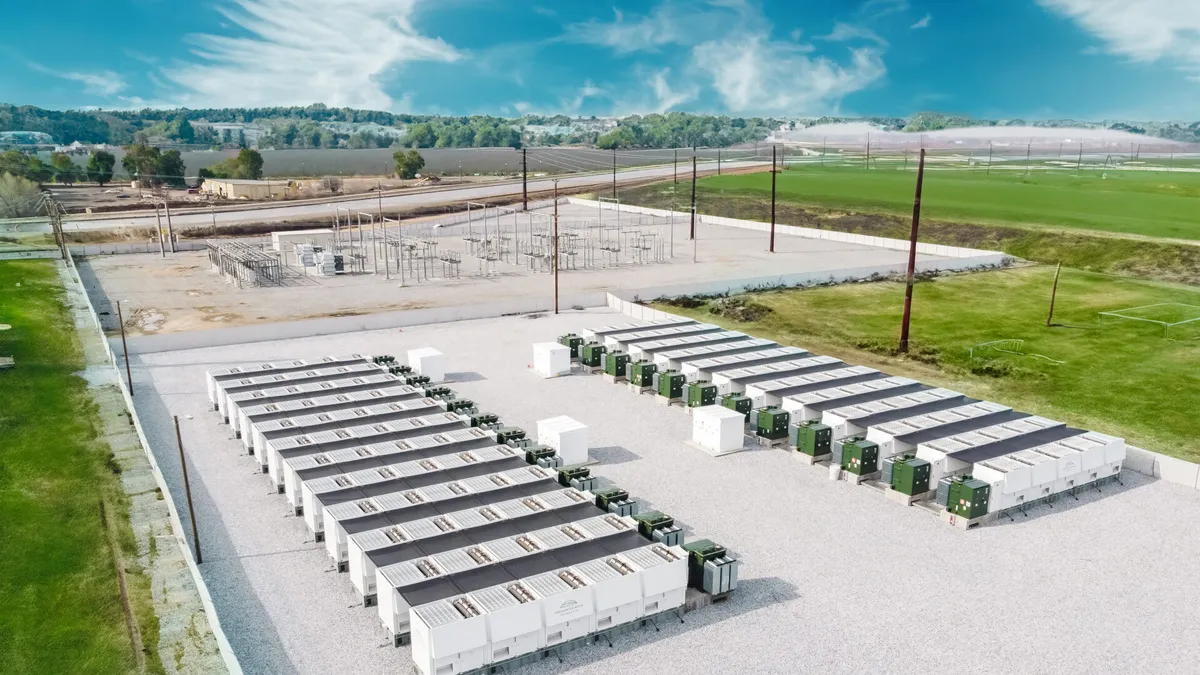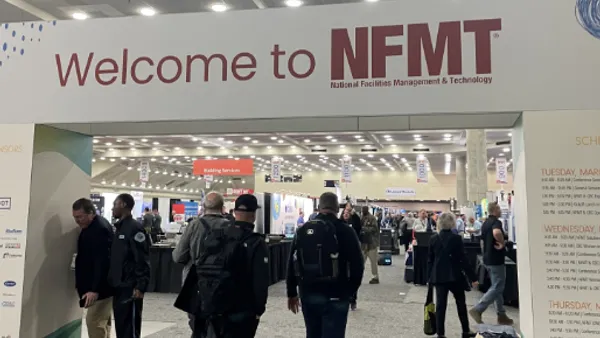Dive Brief:
- Top priorities for commercial real estate landlords include retaining tenants, enhancing property management and tenant experience, and pushing for capital expenditure-based property improvements, according to a VTS survey of over 400 landlords.
- Landlords are more focused on keeping existing tenants than diversifying their portfolios, VTS says in its 2024 Global Landlord Report. Fifty-seven percent of respondents reported that retaining and renewing current tenants are among their top priorities, while 56% identified property management and tenant experience improvements as a key focus area and 47% said they are emphasizing capex-based property improvements.
- Technology deployments are continuing to accelerate, with 84% of landlords saying that they expect technology investments to increase this year. Only 4% cited expectations of a decrease. Although landlords are willing to invest in tenant experience, only 17% claim to know which capital property investments and building features tenants want, underscoring a need for better data to make more informed decisions, VTS says.
Dive Insight:
All of the verified landlords surveyed were budget decision-makers, VTS said, noting that 85% of the respondents had managerial responsibilities, while 26% were executive-level leaders and 65% were landlords with portfolios in excess of 11 million rentable square feet.
Only 41% of landlords ranked leasing vacant space as a top priority in 2024, with “many doing all they can to make it easier for tenants to stay” and over half of landlords increasing rent concessions across Class A, B and C properties since the COVID-19 pandemic, VTS says.
“For two years in a row, landlords have reported longer lease lengths for new leases and renewals as well as tenant requirement sizes starting to grow once again,” VTS CEO Nick Romito said in the report. “There’s still more to be done, especially closing the data visibility gap so landlords can make better in-the-moment decisions.”
As tech adoption continues, investments are shifting from business efficiency upgrades to valuable data insights extraction, VTS says. “Overwhelmingly, landlords tell us they still lack critical insights into the market and their portfolios,” the report notes. “The right tools can transform those ambiguities into opportunities, but CRE still needs to realize the full potential of the technology available today.”
Thirty-three percent of respondents said technologies were their top investments in improving tenant experience, while 31% cited investments in outdoor communal areas and 30% pointed to a focus on improving property operations.
However, only 19% of landlords said they have access to up-to-date and accurate information that they need to make the best investment and leasing decisions, with just 18% saying they are satisfied with the time it takes to do due diligence for business plans and budgets, the survey found.
Although many landlords are optimistic about the future, with 59% expecting average lease lengths for new leases to increase in 2024, compared with 20% who see it staying fairly constant and 21% who expect lengths to decrease, many grapple with long deal cycle times. Sixty percent of respondents expect deal cycle times to increase in 2024, with just 12% expecting quicker deal times, the report notes. VTS attributes this struggle to difficulty calculating exposure risk for tenants. Nearly half of the landlords surveyed said it takes days, weeks or months to calculate exposure risk to a particular tenant, “compared with best in class landlords who report it taking minutes,” VTS says.
Fifty-five percent of landlords also expect an increase in average lease lengths for renewals, compared with 27% who see those lease lengths staying about the same and 18% who anticipate decreases in lease lengths.
Although 26% of respondents reported that property managers lack the time to drive tenant engagement, more landlords, in a bid to encourage tenants to stay on, are adding fitness centers than they are adding staff, VTS says. Additionally, 71% said that flex work is important to their tenant occupancy, retention and engagement strategies, in contrast to Internet of Things integration that was reported to be a priority among only 19% of the landlords.














